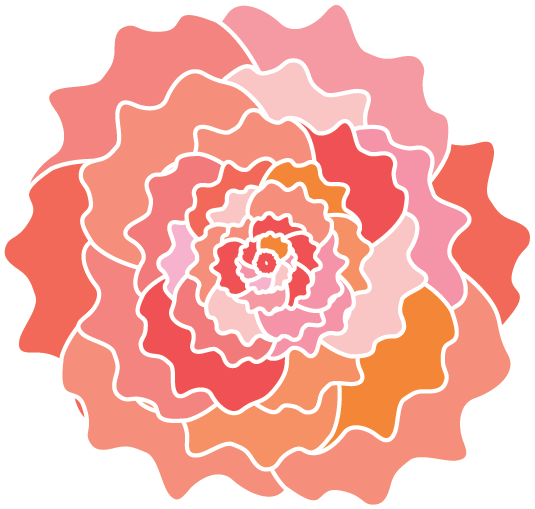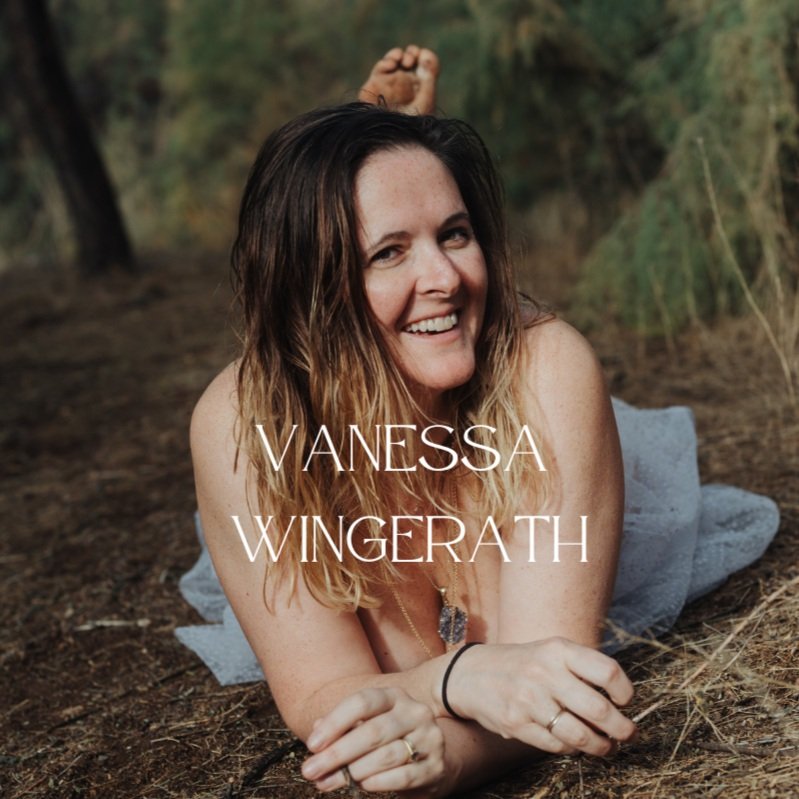What is the sister wound?
The sister wound lives in all of us. It is the silent, patriarchal force that tells us we don’t belong with others.
I’m too much.
I’m too anxious.
I’m too busy.
They won’t like me.
I don’t have anything to give.
I don’t get along with women. .
The sister wound convinces you that you won’t fit in with a new group of women. It is the reason we automatically make comparisons between ourselves and others. It’s the voice that tells us we aren’t good enough or we’ll never be as successful or as beautiful as she is. It is the reason we have all been bullied by female school-mates, co-workers, or even family members.
The sister wound conditions us to engage in competition at a young age. Hierarchies form so early on, that we learn our place in the pecking order and we hurt those below us. We hurt with jealousy, suspicion, hazing, alienation, gossip and backstabbing. Girls are not given the initiation of belonging and power that we would have received before the patriarchy. They’re given an initiation of disembodiment and shame. What was your first period like? And when you’re so focused on how you stack up (adolescence + secondary school makes this really hard to avoid) you end up navigating away from your core specialness and into a ditch of people-pleasing. You may have gone so far that you’re not even sure what you actually want anymore. I know I got lost there for a while.
The trauma that results from coming of age inside this game keeps us from trying again, even when the trauma is far in the past. Because of the sister wound, we may tell ourselves that we don’t even deserve to be supported by a loving community.
But, you still want to make new friends now…as an adult.
You want deep, intimate relationships with women, but it’s so much work and often ends with disappointment. You blame yourself and you make excuses. But actually we have the patriarchy to blame.
Before the industrial revolution (or colonization or mass cultural oppression and extinction, whatever the case may be) we lived in tribes and large communal groups where women’s and men’s work complemented each other and we all contributed to the family economy. Washing, cooking, sewing, farming, child-rearing, celebrating, grieving, and creating was done in large groups of mostly women. Within a community structure, our foremothers acknowledged their individual gifts and used their strengths for the good of the village. Each woman had her calling (healer, midwife, artist, herbalist etc) and we easily sought the powers of others to complement our own. Imagine growing up in a world where you felt pride and specialness for fitting in with a group? Instead of brewing with envy and rage, assuming that there was something wrong with us when we couldn’t do it exactly how she does. None of us was expected to do it all or have it all. Life was simpler because we were connected to our physiology and by extension, the land.
In a way, true female sisterhood is like childbirth. We’re told to expect it to be really hard to achieve. So we give up without trying. You sabotage yourself by avoiding intimate opportunities. You’re wondering, “What if I’m just too much?” But once you remove the patriarchal conditioning, you realize that group healing is actually core to our nature.
Those who are called to attend a women’s circle are those who are committed to healing the sister wound.
The sister wound is what keeps us from investing in deep relationships. And intimacy and connection are what most of us are after anyway. When we meet, we bring all of ourselves to the circle. We talk about the resistance we feel to relying on others. We talk about the trauma in our past that leaves us without enough close friends. We openly blame ourselves for judging, gossiping or resenting. It is all welcome in circle. And then we show up again the next week or month because we want to unravel in the presence of women. We know we are more than just the roles we take in our nuclear family and at our jobs. We all have so much to work through. Let’s do it together, sister.

